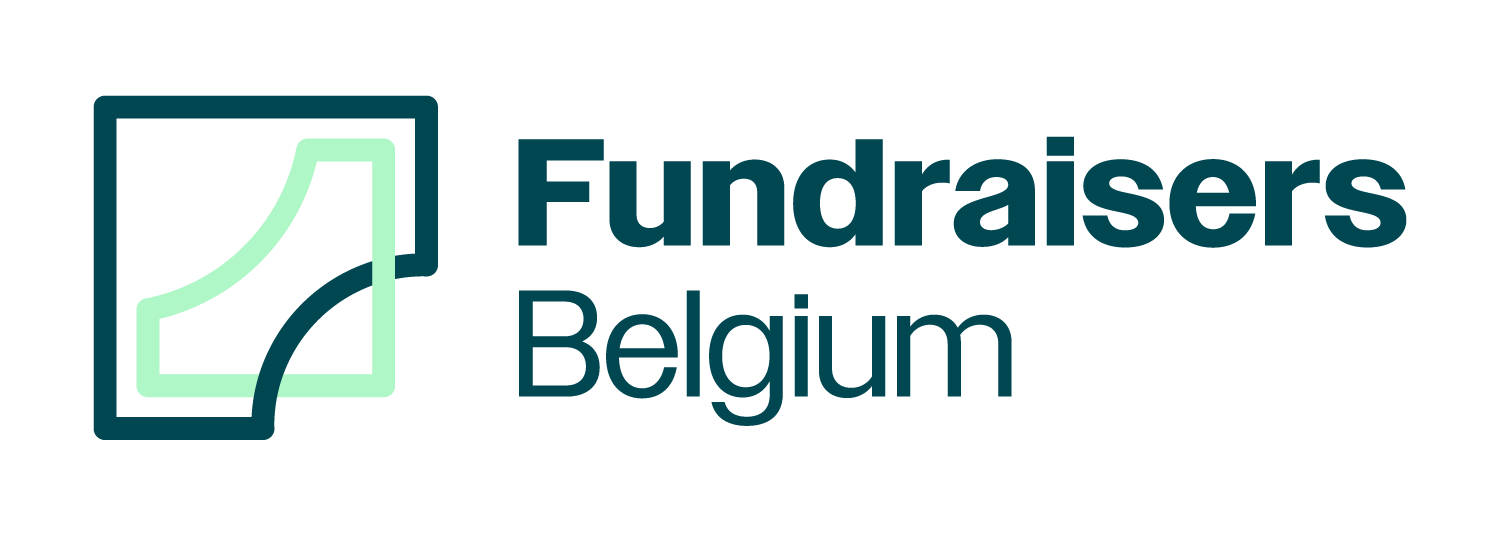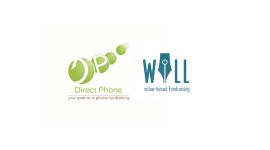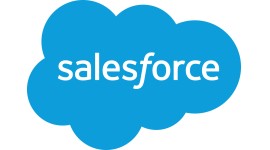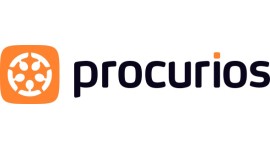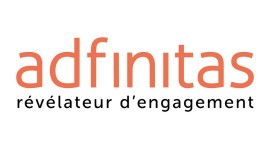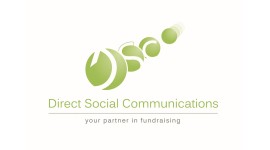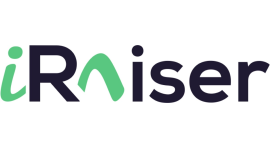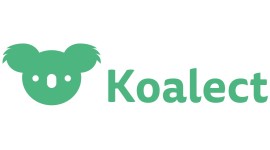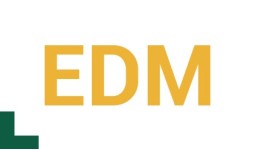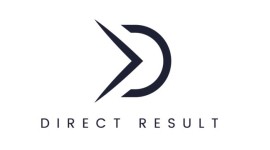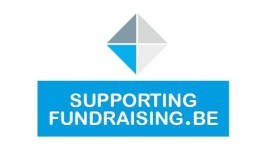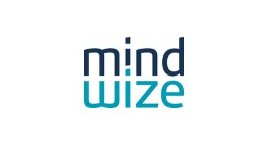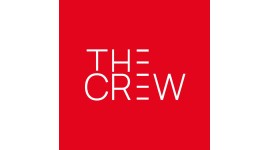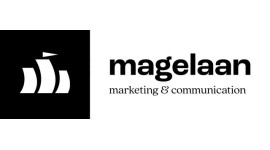DSC, Direct Social Communications bv, partner of the FAB, is a specialised full-service fundraising agency in Belgium. Ludo Longin, managing director since 2007, explains how they see fundraising evolve for their clients and how they are moving towards hybrid integrated fundraising campaigns.
DSC as an agency specialises in helping organisations with their fundraising. They have a wide range of tools to help their clients. Their main tools are still direct mail and telemarketing. But steadily, different digital channels are being incorporated into a hybrid integrated campaign system. “E-mail marketing, text messages, Facebook, DRTV, … are all techniques we are using now and we are evaluating how to best use or not use them. The last couple of years we have invested in a lot of expertise in digital strategies. When I started at DSC, the company had 4 people on the payroll. With the expansions of the last decade we now have 75 employees”, Ludo explains.
Direct mail is not dead, but has new friends
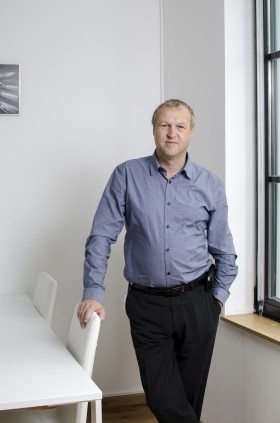 “In the eighties people already propagated: ‘direct mail is dead’. And in 2000 and 2020 people still said that. But direct mail still does the trick, that is if you use it for the right target audience. Direct mail still works to target people over 60 years old", Ludo proclaims.
“In the eighties people already propagated: ‘direct mail is dead’. And in 2000 and 2020 people still said that. But direct mail still does the trick, that is if you use it for the right target audience. Direct mail still works to target people over 60 years old", Ludo proclaims.
Sometimes unsolicited direct mails and the gifts (ballpoints, teddy bears, …) being presented with them, are criticised. “I understand the criticism. To be honest, I don't need these premiums to support a good cause either. But we have found time and time again that most Belgians think differently. We notice that when we send a small gift with the campaign (the average value is 0.20 euros), we raise a higher net amount of money for the charity. So, after paying for that little gift. This allows the organization to help more people or animals in need. That's why we add these little gifts. Of course, we can make sure that a donor no longer receives campaigns with premiums if he or she communicates this.”
People can get unsolicited direct mails from DSC’s recruitment campaigns. “We hire address files that correspond to the target groups we want to reach for the organization in question. These people do receive an unsolicited letter in their mailbox. But that is precisely the power of direct mail: you can make people aware of an issue via a well-thought-out campaign and explain how their contribution makes a difference. Based on the many responses, we find that people still want to help and are inclined to this channel. Moreover, receiving a letter in your mailbox is still very non-committal: you decide for yourself whether to open the envelope. Other techniques such as street fundraising and telemarketing (cold calling) are considered much more aggressive. It goes without saying that we do not send letters to people who request an organization not to contact them.”
"Try to adapt your ask as much as possible to the person you are contacting."
DSC does not use direct mail for younger target groups. “But many young people want to give to a good cause and you need to reach them via the right medium. Knowing your target audience is key in everything you do. You have to find out what their area of interest is, how you can approach them, how you can offer them an easy way to contribute to the charity of their choice. Social and digital media will play a really important role in the next few years. Therefore we are thoroughly researching how we can incorporate these media into our campaigns. We are moving more and more towards complex campaigns, towards a hybrid way of fundraising. But in such a way that you can appeal to a very large group of people – each person via the channel that is most suitable for him or her”, Ludo explains. “And it is important to not only know what moves your audience, but also what they are willing to give. If you know that someone usually gives 100 euros, do not ask him to support a project with 40 euros; it will not appeal to this person. And the opposite is also true: do not ask someone who normally gives 40 euros for 100 euros. Try to adapt your ask as much as possible to the person you are contacting.”
Impact of floods in Wallonia on fundraising
Since the start of DSC mid 1980’s they have never seen a decrease in the gift amount and number of donors. “Every year Belgians give a bit more than the year before. And although we thought 2020 was going to be a hard year because of the corona crisis, it turned out that it became the most successful year for our partner organisations. I was worried that in 2021 we would not have an increase because of that rise in 2020. But it turned out to be a really good year as well, despite the decline in the number of funds raised since July 2021, when a lot of money was raised for the floods in Wallonia. Luckily the end of year-sprint made up for that lesser period. As a result, our partners again collected more funds than in 2020.”
In 2021 DSC started a campaign for a new organisation called Unichir, initiated by Dr. Réginald Moreels. The organisation’s aim is to build a hospital in Beni (East-Congo). It was a special case. “We did some trials in May, and then launched the campaign in July 2021. That turned out to be the worst timing because of the floods in Wallonia. But still, with a multimedia campaign (in newspapers, on the radio, text messages, ads on Facebook, telemarketing, …) we managed to raise 0.5 million euros in just a half year time. That was beyond our expectations, as it is a new organisation. But it surely benefited from the name of the founder, Dr. Moreels, who clearly inspired confidence.”
Willingness to give is still there
“In 2021 we saw that the average amount via direct mail for a one-time donation was about 35 euros. The average amount and the number of donations keeps increasing. We also see an increasing number of donors opting for regular donations. In telemarketing, the average value is 8,5 euros per month, 102 euros per year. Recurrent donors are better donors and are prepared to give a little more. Via telemarketing we only call people that have already done a gift for the organisation and start the call with a warm thank you and then start explaining the importance of recurrent donations for organisations.”
“Historically, the average amount of one-time donations has always been below the threshold of the amount for a tax certificate. Many people are not interested in this tax certificate, they just want to give to a cause that means something to them. On the other hand, we do see that there are a lot of people giving exactly 40 euros. And at the beginning of March, our partner organizations are contacted mainly with regard to tax certificates.”
DSC sees the future of philanthropy in a positive daylight. “The willingness to give is still big, but we do see challenges in the fact that, apart from the charities, there is an increasing amount of organisations (in the field of health care, education, culture, …) that are looking for alternative sources of income. This has to do with the decrease of government support and the increasing sense of responsibility of citizens who want to address injustice or wrongdoing. People do have to divide their wealth among all those players. But fortunately, year after year, we see that the number of donors is increasing. For the time being, the increase is large enough so that everyone gets a slice of the cake.”
Importance of organisation’s transparency and communication
The success of the fundraising department also depends on the image and communication of the organisation as such. “What is the organisation doing? How are they communicating with their supporters? Do they explain the impact of the donors’ gifts? It all determines whether an organisation is successful or not. People dare to question more than they did 30 years ago. So it is of the utmost importance to be transparent about what your charity is doing, what the impact is and with what money you achieve your goal. You have to have this part of the organisation set straight before being able to have a successful fundraising strategy.”
| Direct Social Communications bv is a specialised, full-service fundraising agency in Belgium. Their passion since 1985: helping non-profit organisations raise funds for their activities via Direct Mail, Telemarketing, Digital Fundraising, Bequests, Major Donor & Corporate Strategy and Predictive Modelling. |
